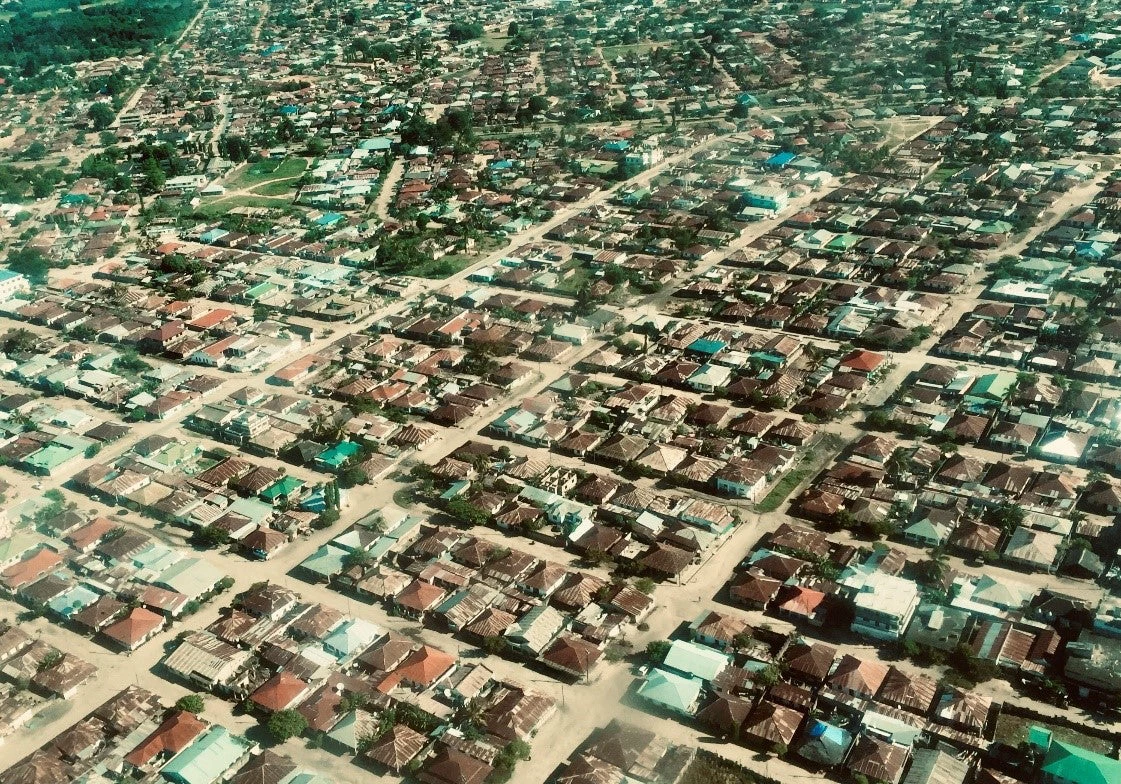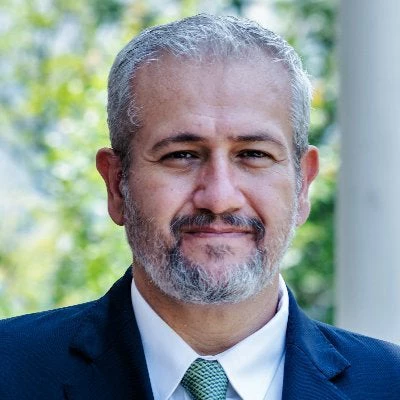 A young Nepali girl works on her laptop. Photo Credit: Nabin Baral/World Bank
A young Nepali girl works on her laptop. Photo Credit: Nabin Baral/World Bank
In my travels across this richly diverse country, I’ve seen common a pattern of hope, optimism and high expectations for a New Nepal. In many ways, we are in a new country with three tiers of government and a new social contract. For the first time in Nepal’s recent history, we have a stable government that aims to equip Nepalis with the means to achieve their aspirations and to become a middle-income country by 2030. Prosperity and happiness are being sought in equal measure.To achieve this development ambition, Nepalis across the government, academia, media, civil society, and the private sector- need to access and use timely and actionable data to make decisions, enhance public accountability, identify risks and opportunities, track progress, and more.
The keyword here is ‘use’ – access to data, irrespective of how robust and timely it may be, is simply not enough.
Without the ability to unpack and make sense of this data, it may be useless to the vast majority of those in society who need it the most. Data needs to be properly used and reused.
Policymakers’ recent statements on the importance of open data and a broader data ecosystem is very welcome, as it also reflects an awareness that equal investment will be needed in the human capital of citizens and public officials across the three tiers and seven corners of country.
We must transform existing data into actionable insights and policy outcomes that improves people’s lives , and that holds others accountable for doing so.
Especially in this time of transition and recovery, enhancement of the ‘data literacy’ of all stakeholders, who can produce and increase the quality and accessibility of official statistics, is of paramount importance. Data literate professionals can proactively engage in evidence-based analysis, policymaking and feedback, and improve the delivery of public services such as education, health, water and sanitation, gender equality, social inclusion, urban planning, and climate change adaptation and mitigation.

In that sense, data literacy for all is also a bedrock of Nepal’s transition to a federal system . It will contribute to a solid framework for fiscal relations between the national and subnational levels and allow for evidence-based decisions by government and society. This will not only accelerate the path towards a middle-income country level of Gross Domestic Product (GDP); it will also create the groundwork for the more important social and economic benefits that should come with development.
As one initiative, the World Bank Nepal office in coordination with DFID Nepal launched the Nepal Data Literacy Program.
The program aims to train trainers to sustainably transfer data literacy skills to stakeholders in Nepal and build an enabling environment for evidence-based policy making and strengthening federalism in the country.
To ensure there are resources to support data literacy beyond these trainings, local community partners have developed an open source Data Literacy portal <https://dataliteracy.github.io/> to allow for greater access to important content and experiences in the use of data. Over time, this living portal is expected to be a nexus of content that can be customized, adapted and reused for free within and outside of Nepal. Local institutions will be critical for this initiative to endure, so we are also partnering with Kathmandu University School of Management to develop a data-driven course for the next generation of leaders and decision-makers.

Over the last decade, governments across the world have tapped the potential of open data. Within Nepal, we are seeing many government agencies take important steps by introducing open government data portals. The end game in this is a living, interconnected ecosystem where government data, private data, big data and other sources interact to provide solutions as needed. Data is power, and by placing this power to the people we help them to find solutions to their complex problems. Needless to say, open data has massive potential.
A young entrepreneur in Janakpur or Jhapa can use publicly available data to identify a business opportunity, to link to markets for inputs or products, and to cooperate with others to tackle a common problem. If citizens from across the world have used data to launch startups, we should also do so. In Nepal, geo location data, which is publicly and freely available, has already enabled young professionals to launch successful startups.
We should be thankful to these entrepreneurs of progress. The Nepal Data Literacy Program is just one small step in this direction—there is a long way to go to build not just data institutions but the ecosystem wherein these institutions interact with one another to deliver meaningful solutions. Likewise, we all need to do the same. The public sector, private sector, civil society and development partners can and should look into how we share and use data, and how we can work together to build something bigger than ourselves.


Join the Conversation